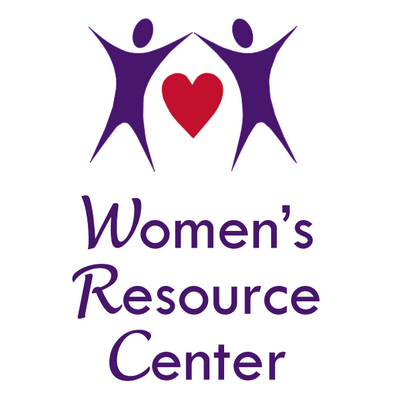PROVIDENCE – The Women’s Resource Center in Warren is reminding teens during teen dating violence awareness month young people who find themselves in an abusive dating relationship can find advice and resources year-round.
Established in 1977, serving Newport and Bristol counties, the WRC is a domestic violence education and prevention agency that turns its focus to teens and their parents, offering opportunities to educate young people loving relationships are not abusive.
“It’s important for teens, parents, teachers, clergy and others to understand what constitutes an unhealthy or abusive relationship and where they can find information and help for themselves or someone they care about,” said Lori N. DiPersio, WRC executive director. “Unfortunately, dating violence is more common than many people think. Teens and young adults might not have the awareness to recognize behavioral problems with their partner or the confidence to break free of the relationship. Anger based in jealousy or actions that are controlling are oftentimes glossed over or mistaken for affection. These behavioral traits, when unchecked, can lead to domestic violence in adulthood. Teens need to know how to leave an unhealthy relationship before it becomes violent.”
According to statistics from the national website loveisrespect.org, one in three teens in the U.S. has experienced some form of abuse by a dating partner. Dating abuse affects around 1.5 million teens annually, and 43 percent of dating college women report experiencing abusive dating behaviors. Dating violence can happen to anyone, regardless of financial status, race, gender, sexual orientation or background. It is never the victim’s fault.
Dating violence can take many forms:
- Physical: hitting, slapping, choking, kicking.
- Emotional/verbal: putting you down; embarrassing you in public (online or off); threatening you in any way; telling you what to do or what to wear.
- Sexual: pressuring or forcing you to do anything sexual, including “sexting”; restricting access to birth control.
- Digital: sending threats via text, social media or email; stalking or humiliating you on social media; logging into your social media or email accounts without permission; forcing you to share passwords.
Women’s Resource Center offers resources and support services for teens and young adults experiencing dating violence as well as prevention education.
“Perpetrators frequently use multiple types of abuse at the same time in order to control their partner,” said DiPersio. “We want teens, their parents and everyone to be able to recognize the signs and symptoms, and to know our doors are open to come in or call for help. Simply knowing how to recognize abuse is often the first step, including what someone should do when they witness this abuse firsthand. The second step is to get the victim and their perpetrator support and, potentially, the intervention that is needed. Sometimes the best way to start is with a conversation.”
Women’s Resource Center staffs a 24/7 helpline at 800-494-8100. For more information or to inquire about teen dating violence awareness services, call (401) 846-5263 or visit wrcnbc.org.
Rob Borkowski is a PBN staff writer. Email him at Borkowski@PBN.com.













